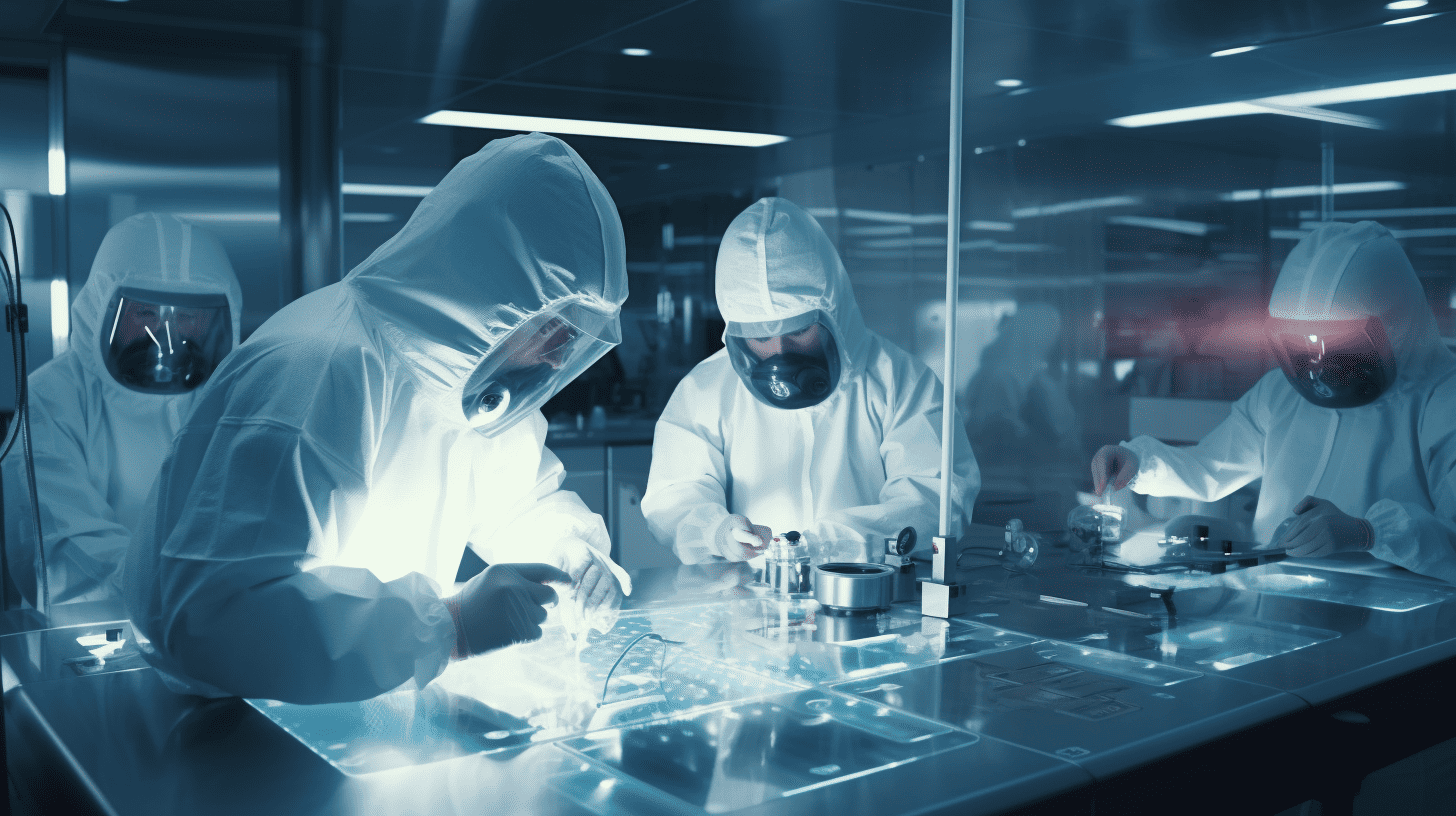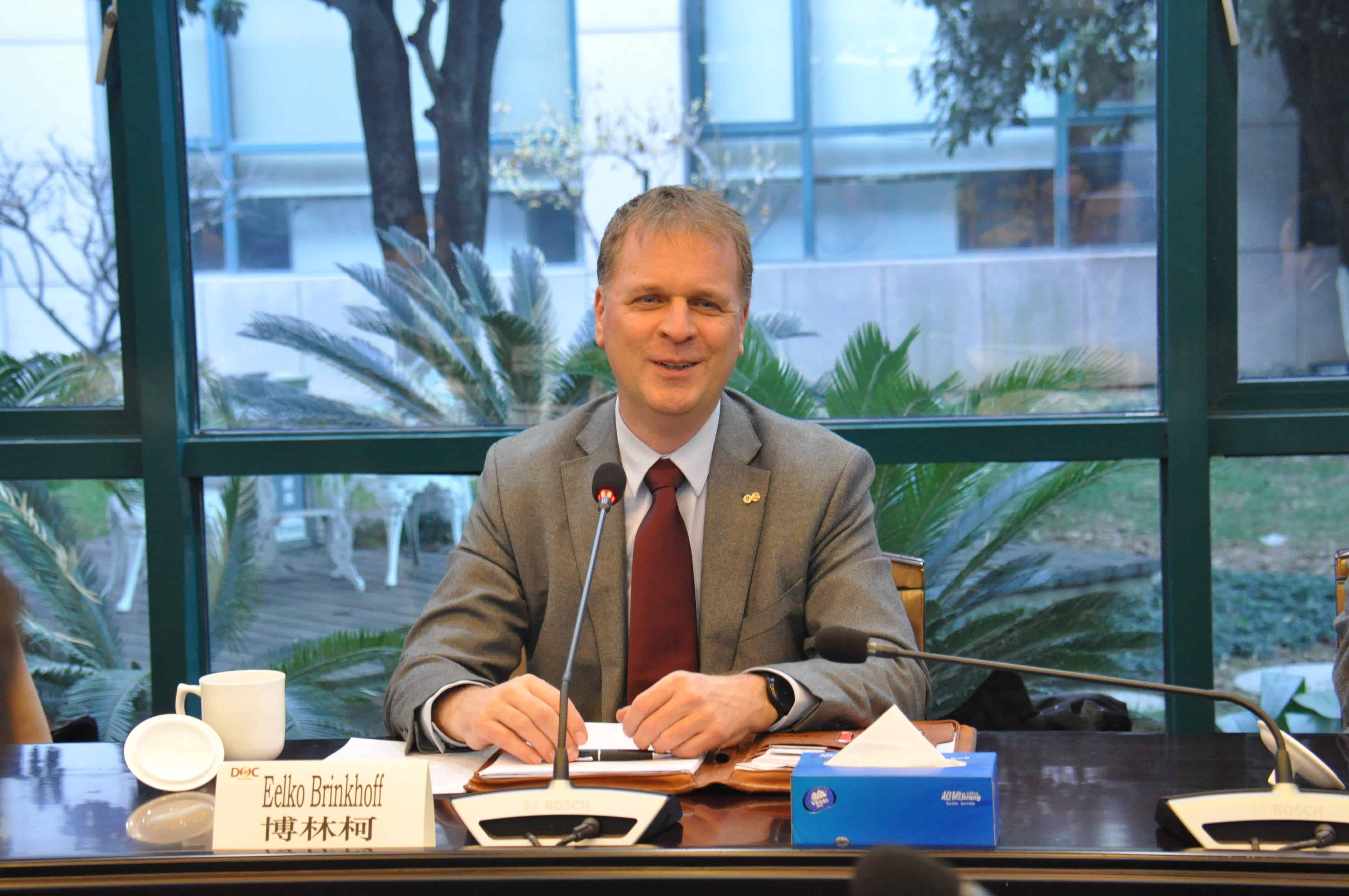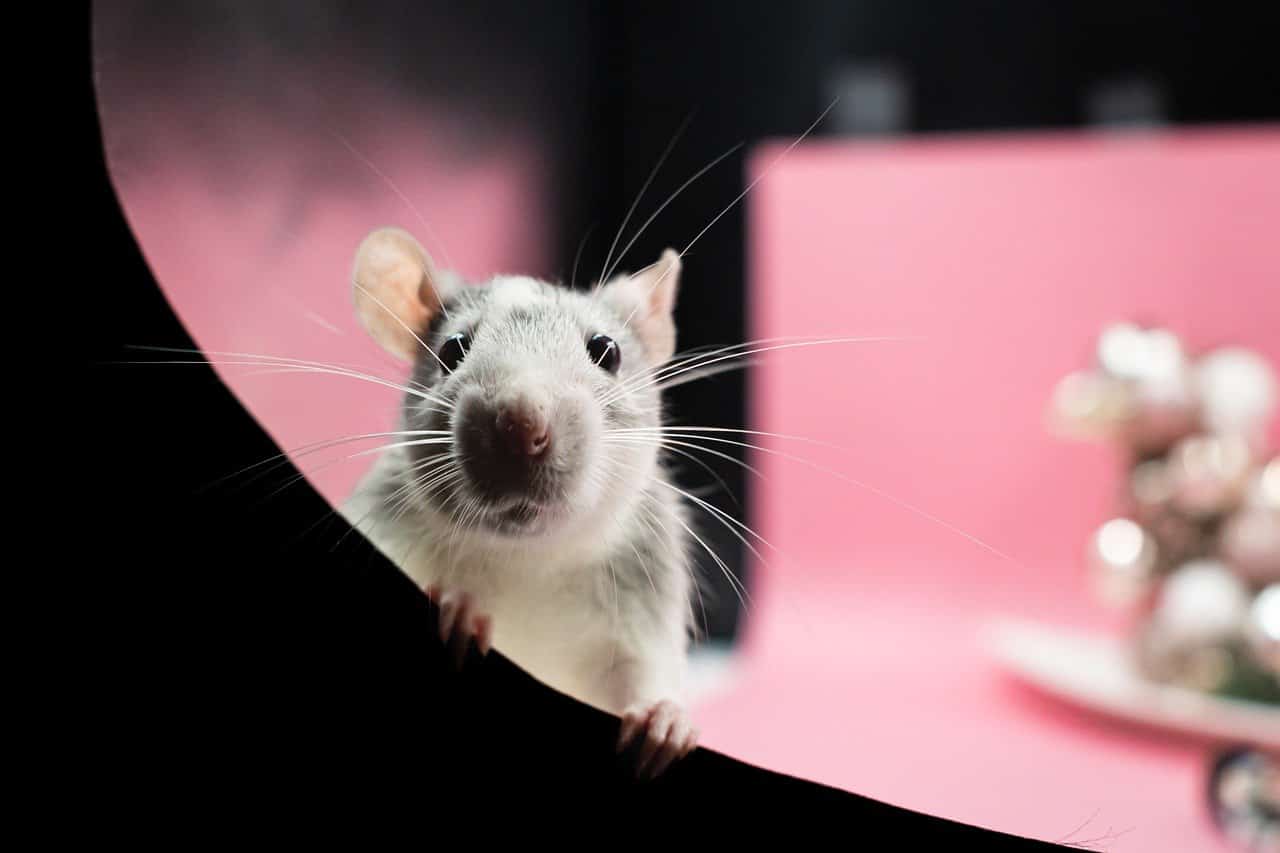
If there is one thing that the last crisis showed us, it is that investing in research and innovation pays off in the long run. In the years following the financial crisis, the Netherlands experienced economic difficulties, while Germany underwent an unprecedented economic boom thanks to investments in research and development (R&D). What should we do differently this time? And what can we learn from our eastern neighbors? An interview with Paul de Krom, chair of the Netherlands Organisation for Applied Scientific Research (TNO), about the need for research and innovation in times of crisis.
Optimistic
The interview with Paul de Krom takes place right after the Dutch parliamentary elections. VVD and D66, the current governing parties, emerged as the largest, so it is only logical to at least touch on that subject. Paul de Krom – were you surprised by the results?
“As far as research and innovation on major societal themes are concerned, a continuation of the current course is good news. It is good for continuity and stability as well as for confidence in enterprise. The VVD and D66 are parties that have expressed their belief that innovation will help us out of the crisis. And that can be done in cooperation with the business community. It is also pointless to pit the energy transition, for example, against corporate interests. The same goes for the other major themes of the moment, such as climate, health or digitalization. So from that point of view, I am optimistic.”
Investing in innovation pays off
According to De Krom, investing in innovation and research should not just help us out of the crisis. It is simply the best solution in the long run. “After all, it has been proven that every euro spent on investment in science and innovation ultimately earns several times more in terms of return,” said Paul de Krom. “One euro of extra R&D in companies creates as much as €4.5 in added value for our economy in the longer term. That is the conclusion of an analysis cited in the Dutch House of Representative’s Advisory Letter on Growth of December 13, 2019. This concerns the long-term growth strategy for the Netherlands.”
Germany has a long tradition when it comes to R&D. They also have a genuine industrial culture. It is really in their genes, whereas we are more of a merchant nation here in the Netherlands.” Paul de Krom, chair of the TNO Board of Management
As a champion of investment in R&D, Germany is a shining example. This was was already apparent from the report ‘Vasthoudend Innoveren‘ (Sustained Innovation, A study of the German science landscape and R&D policy) by the the Dutch The Advisory council for science, technology and innovation (AWTI) that was carried out following the financial crisis. Compared to a Dutch investment of just 0.88% of its GNP in 2009, our eastern neighbors invested no less than 2.2 times as much in R&D. Thanks to this approach, Germany managed to come out of the crisis even stronger. The report outlines that three aspects were decisive in this regard: 1) Long-term goals, 2) perseverance and 3) financial resilience.
What underpins this difference between Germany and the Netherlands? De Krom: “Germany has a long tradition when it comes to R&D. They also have a genuine industrial culture. It is really in their genes, whereas we are more of a merchant nation here in the Netherlands. The fact that Angela Merkel has a background in science helps as well.”
Cross-border solutions
As for the major social issues of the moment, such as the climate, the energy transition, digitalization and healthcare, you cannot just divide them up sector by sector. After all, they are all interrelated. This calls not only for an integrated approach. It also needs cooperation at all conceivable levels: Regional, national, as well as with the business community. Coming up with solutions to such wide-ranging and far-reaching issues is simply not something you can do on your own as such a small country like the Netherlands.
In De Krom’s view, a good example of this is the European Green Deal. This aims to accelerate the response to climate and energy issues. In the context of ‘better a good neighbor than a faraway friend‘, he believes that apart from a European joining of forces, cooperation between neighboring countries is extremely important as well.
“For example, it’s perfectly obvious that you need to coordinate your energy systems. At TNO, for instance, we are working with Germany on smart energy infrastructures. And we are doing research on hydrogen with Germany and France. But we also work with our neighbors on topics such as digitalization, smart industry and mobility solutions. Like the development of alternative fuels for the wider automotive industry.”
Working together works better
However, cooperation with and between government, knowledge institutions and, last but not least, the business community cannot be emphasized enough in De Krom’s opinion.
“For example, we work with all kinds of parties within the Holst Centre at TNO on technology for several types of medical applications. Such as the development of flexible materials and sensor technology for monitoring systems and smart plasters. But also on a stomach strap for monitoring pregnant women.”
Another partnership in the field of healthcare is the Dutch Innovation center for Lifestyle medicine (NILG) ‘Lifestyle4Health,’ which TNO and UMC Leiden are also part of. “In it, for example, we do research on how to better prevent and cure diabetes 2 with lifestyle measures.”
Finally, data connectivity within healthcare is an important theme that De Krom says deserves attention. “That is a technology that allows a large amount of data in healthcare to be analyzed. So that so-called ‘predictive analyses‘ can be made. But without violating the privacy of the patient. TNO takes privacy issues very seriously. That is precisely why TNO is working on optimizing the encryption of patient information via Multi-Party Computation.”
According to De Krom, cooperation also forms the basis of the initiative for the greening of the manufacturing industry in Geleen. This is where there is a concentration of large chemical concerns.
“Arnold Stokking, who is driving the initiative from within ENZuid, didn’t’t come from TNO entirely by chance. He understands exactly what is needed for such an enormous task. It is very gratifying that this kind of initiative has been taken up by government, knowledge institutions and the business community alike.”
Orchestrating innovation
The success of these kinds of innovative technologies therefore hinges on generous investments in research and innovation. As well as on collaboration with industry. Just as the Germans demonstrated during the previous crisis. And which, if it were up to De Krom, the Netherlands could take as an example. Which is exactly where TNO can lend a hand.
“Take, for example, the development of hydrogen for the energy transition. That is only possible on a large scale. You need all sorts of partners who can bring that kind of technology to the market. TNO can establish connections, create ecosystems and make sure that the business community is on board. After all, in order to get from a scale model to a pilot plant, you need partners who are willing to invest in that. With the in-house knowledge and experience we have, we can help scale up these innovative technologies. We have a broad network of chain partners at our disposal for that. It is not for nothing that ‘establishing connections’ is key at TNO. ‘Orchestrating innovation‘ is what we call it.”








